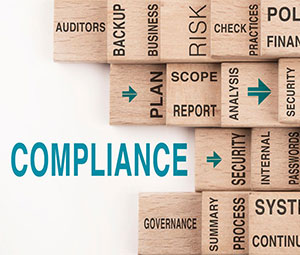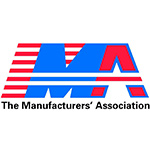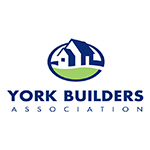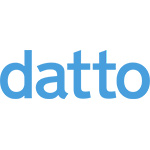 In the quest for business success, entrepreneurs juggle numerous tasks – from product development to team building and marketing strategies. However, compliance with industry standards is a non-negotiable foundation for success. These standards, whether legal, regulatory, or industry-specific, ensure ethical business conduct and protect stakeholders. Non-compliance leads to penalties and legal repercussions.
In the quest for business success, entrepreneurs juggle numerous tasks – from product development to team building and marketing strategies. However, compliance with industry standards is a non-negotiable foundation for success. These standards, whether legal, regulatory, or industry-specific, ensure ethical business conduct and protect stakeholders. Non-compliance leads to penalties and legal repercussions.
Understanding the relevance of privacy regulations, especially for Canadian businesses dealing with U.S. clients, is crucial. In the U.S., various acts like NIST, HIPAA and CMMC shape compliance standards, particularly in safeguarding sensitive information.
The NIST Cyber Security Framework, under the U.S. Department of Commerce, offers a voluntary guide for risk management. It encompasses five functions: This framework rests on five core functions:
- Identify: Grasping the organization's cybersecurity risks, assets, and responsible personnel.
- Protect: Erecting necessary defenses to shield assets from cyber threats and mounting risks.
- Detect: Swiftly spotting security incidents through activities like network traffic monitoring and log reviews.
- Respond: Effectively countering security incidents as they arise, quelling threats, and facilitating recovery.
- Recover: Following a security breach, orchestrating the restoration of normal operations, systems, and data. This process underscores the need for safeguards to avert future incidents.
Health Insurance Portability and Accountability Act (HIPAA) Among the most renowned compliance standards, HIPAA revolves around safeguarding personal health information (PHI) in the U.S. HIPAA obliges covered entities—such as healthcare providers and plans—to ensure PHI's privacy and security.
The Security Rule and the Privacy Rule constitute the main regulatory frameworks under HIPAA. These rules necessitate the implementation of administrative, physical and technical safeguards to protect electronic PHI's confidentiality, integrity and availability. The Privacy Rule dictates the use and disclosure of PHI, granting individuals rights over their information. Non-compliance with HIPAA can result in substantial financial penalties, reputational harm, and potential loss of medical licenses.
Cybersecurity Maturity Model Certification (CMMC) A more recent addition, CMMC, was developed by the Department of Defense to secure Controlled Unclassified Information. Mandatory for all DoD contractors and subcontractors handling CUI, CMMC follows a tiered certification system with five levels of maturity. Each level entails specific practices and processes for organizations to implement in pursuit of certification. Business leaders must acquaint themselves with CMMC and determine the requisite level for DoD contract compliance. CMMC certification involves third-party audits and management, necessitating the establishment of robust security protocols and practices.
These are merely a sampling of the many compliance standards potentially relevant to your industry. By prioritizing cybersecurity compliance, businesses can build trust with clients, protect sensitive data, and avoid legal and financial liabilities.
Concerned about your cybersecurity, contact us for a free review/assessment
#ComplianceMatters #ValueDrivenCompliance #SecureSuccess #coulsontech #techtips #techadvice












